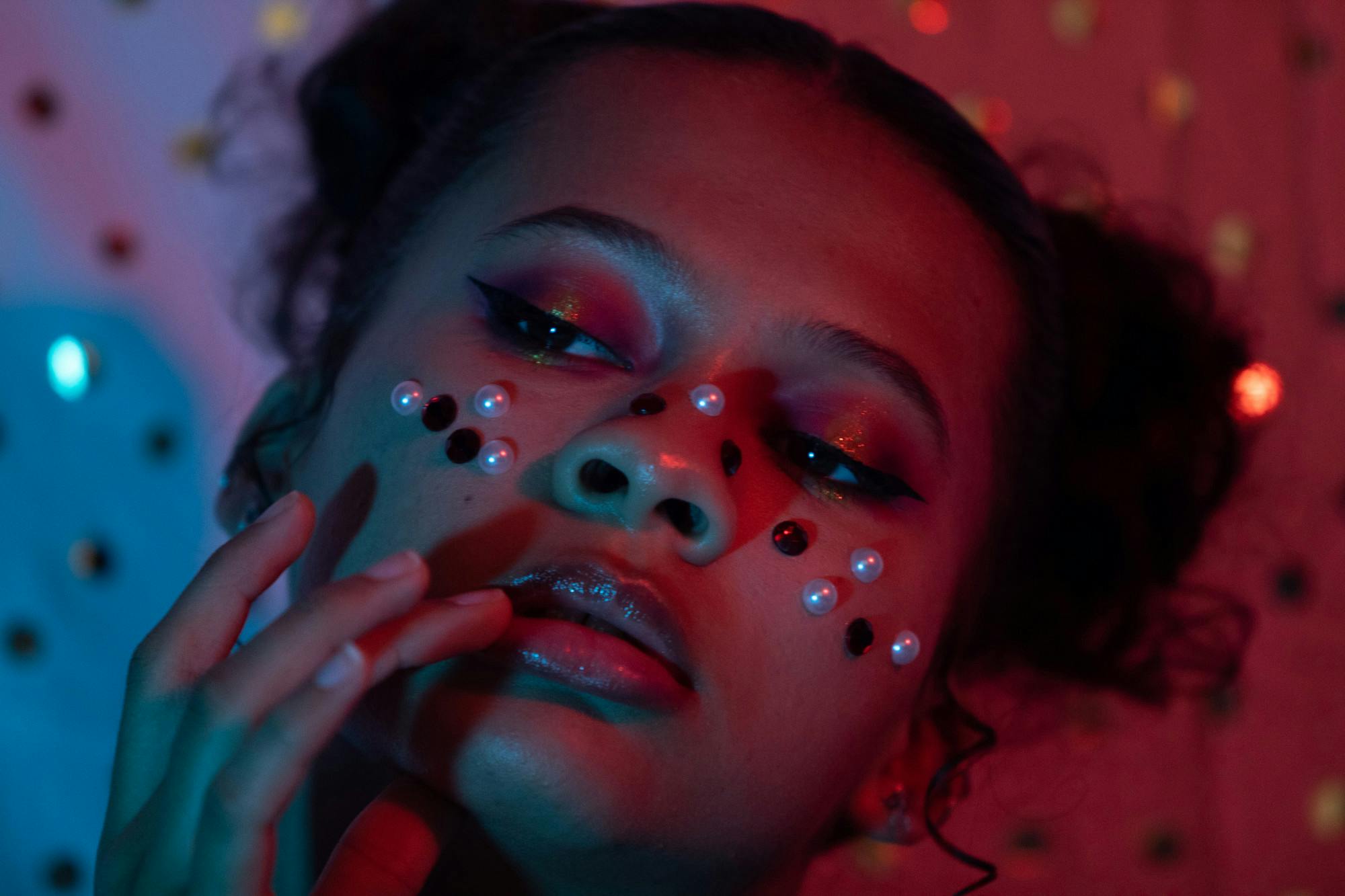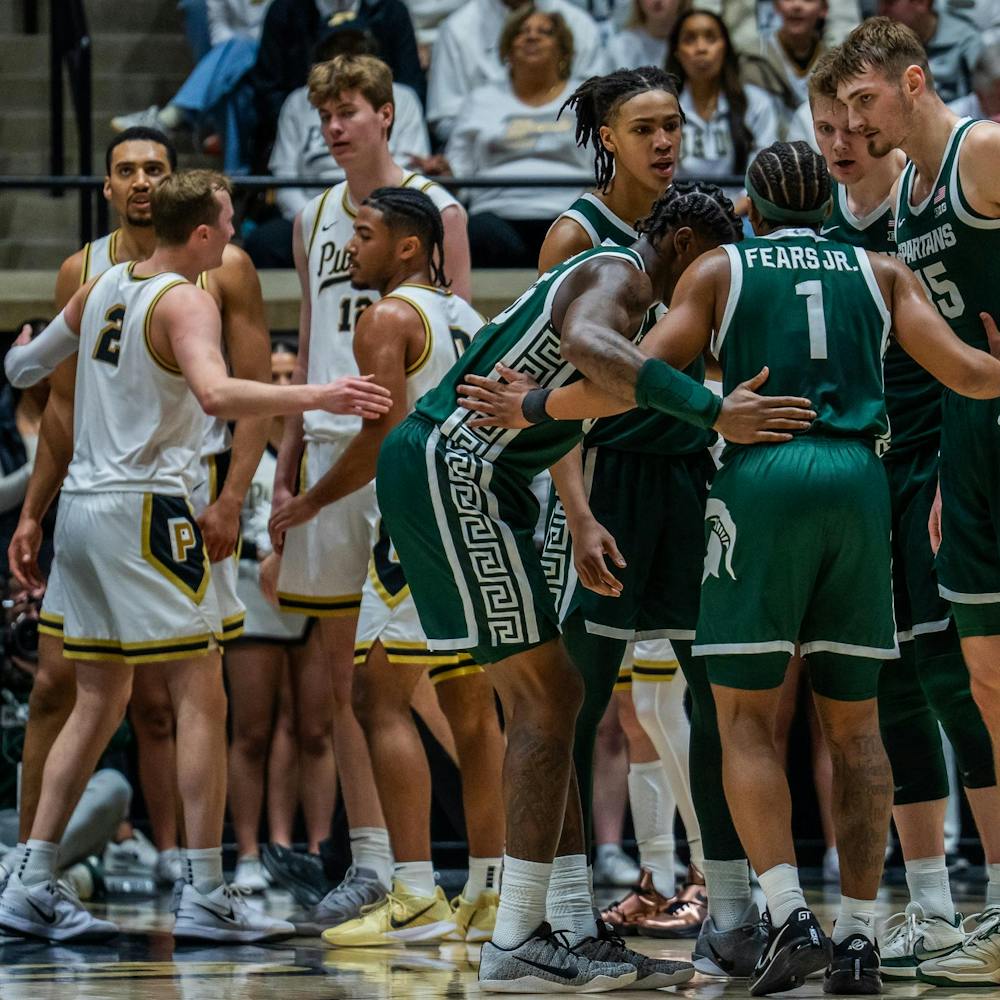You cannot go into a college dorm hall elevator on a Sunday night and not hear people discussing how they really hope Maddy will get to slap her former best friend Cassie into oblivion.
(By the time you read this article, you would have known that not only did Maddy slap Cassie so hard, but she also banged her head against the wall. 10/10. But how did you come to know that? Were you watching, or did you only know because you saw the clips that creators scrambled to create and post after the latest episode aired?)
It has been quite a long time since a television show enjoyed popularity at such intensity and longevity like “Euphoria.” The show took the internet by storm, leaving a monumental impact on our visual aesthetic and cultural dialogue. What is so special about it is that other shows rarely receive such attention?
To begin with, Euphoria is decent enough as a standalone show. The life of high schoolers is not a new topic, but it is still visited again and again and again, without losing attention. People go to high schools every year, and it is inherently assumed that while there would be differences, the struggles of teenage-hood have certain shared characteristics. Any show that attempts to address the peril of the first love will always benefit from a certain retrospective attention.
We also cannot forget the importance of starring Zendaya, Hollywood’s "it" Girl of the moment and a powerhouse of both artistry and Disney media training. Films and televisions that have her name on the poster can assure that she is going to give a quality performance while garnering the most press about it. In Euphoria, Zendaya earned an Emmy for her performance as the very complex Rue, whose “Open the Door” scares us more than we care to admit. Her storyline in Euphoria was also the strongest, partially due to the fact that it is also the one that its writer, Sam Levinson, has the most familiarity with.
All of these factors create a solid foundation to fall back on, no matter how bad the criticism on other storylines may get. And obviously, the visuals, the clothing, the makeup and the nails! After the first episode of season two, I attempted to learn how to do my own nails the way Maddy did (spoiler alert: I still cannot do that even now that the season has ended). Euphoria head costume designer Heidi Bivens and head makeup artist Donni Davy capitalized on a then-emerging rise of fashion, and further brought it to mainstream attention. And now, with the undisputed rise of Y2K, people have also come to associate the show with fashion-forwardness. Euphoria, with its role as one of the first popular shows to spearhead a new aesthetic, guarantees its position in the discussion.
The second part of the equation has all to do with our attention span. The second season of Euphoria was released on a weekly basis over the course of two months, a return to tradition. Just a few years ago, everyone was talking about every episode of “Stranger Things” being released simultaneously. People loved that they could watch everything and are no longer at the mercy of time. If they are obsessive enough, a fan can watch the entire season back to back on a leisurely weekend. It was all about instant gratification. However, that also shortens the time a show remains in the public consciousness.
People are only making content about the superlative: the biggest twist, the best line. The topic would dominate for a month at most, before changing to something else, making it harder to catch up and get into the conversation. The pandemic has also made us associate binging with chaos and disarray, an act of spiral and impulsiveness. By making people wait, “Euphoria” has a much longer life cycle.
The episode airs on a Sunday, when people are wrapping up for a new week. It became the default topic of conversation for the first few days of the week: people make cuts of the clips, there are conspiracy theories and then videos of people criticizing said theories. You are exposed to most of them, and before you know it, people have begun making videos predicting the episode of next week. In doing so, Euphoria became inescapable for a longer period. You can hardly wait for it to phase out, and have to join in on the fun. The stake for missing out is lower when you know you can make it up later. Viewers are incentivized to follow the show. Be it just watching the episode or reading the reactions, you still feel like you are a part of the moment.
Euphoria, then, became something a la Super Bowl — its greatest job is not necessarily to be a consumable entity where one’s enjoyment depends largely on the quality. Its greatest job, arguably, is to be a socially unifying force. Once people start interacting with each other online, it proves it has artistic substance. The Super Bowl is not just the match, but also the half-time show and the tailgating. Euphoria, it seems, has become more than just the show itself.
At this point of writing, there is a trend on TikTok where people apply a melancholy green filter and their comment section will decide whether they belong in Euphoria High or Twilight High. If there is a cultural counterpart to Euphoria, it would be Twilight. The series hooks teenage girls with a very romantic and thrilling lore, and that is all it needs to do to obtain a very coveted position in a vicious content cycle with insane speed of renewal. These shows award your engagement in the form of social capital: a shared community, a vested common interest and a descriptor of self. In declaring themselves as a Cassie or a Maddy, people are signaling to the world their identity.
Are 'Edwards' really that hot, or do you just want to define yourself partially by taking sides? Even people who are not the target demographic are encouraged to participate in the conversation in the form of denouncing both sides of the debate ("Both suck” - my sister who was only a 1-year-old when the final book was published).
Even after it has ended, people will still mention Twilight in the discussion, whether it is to invalidate Robert Pattinson, or to endorse him. Much as Pattinson would like, talking about his career also means bringing up his role in the franchise. Actors can only escape the shadow of their biggest films by having an even bigger one. Pattinson’s case is similar to that of Al Pacino and Elijah Wood, where the cultural moment they were parts of were such behemoths that it is practically impossible to escape them.
Nonetheless, it remains to be seen whether Euphoria can maintain its stronghold on the public discussion. After all, the public is volatile and can outsmart any executives. It might be hard, but totally possible, like in the case of Games of Thrones where public goodwill and the reputation were completely tarnished by the time the final season ended. There is indeed a valid reason why Robert Pattinson might want to be seen as more than just a vampire in a series that although very beloved, is also plagued by controversy and cultural biases. The question is not whether Euphoria will have a longstanding impact, but what it wants its legacy to be.
Support student media!
Please consider donating to The State News and help fund the future of journalism.
Discussion
Share and discuss “How Euphoria can become a lasting cultural phenomenon” on social media.







